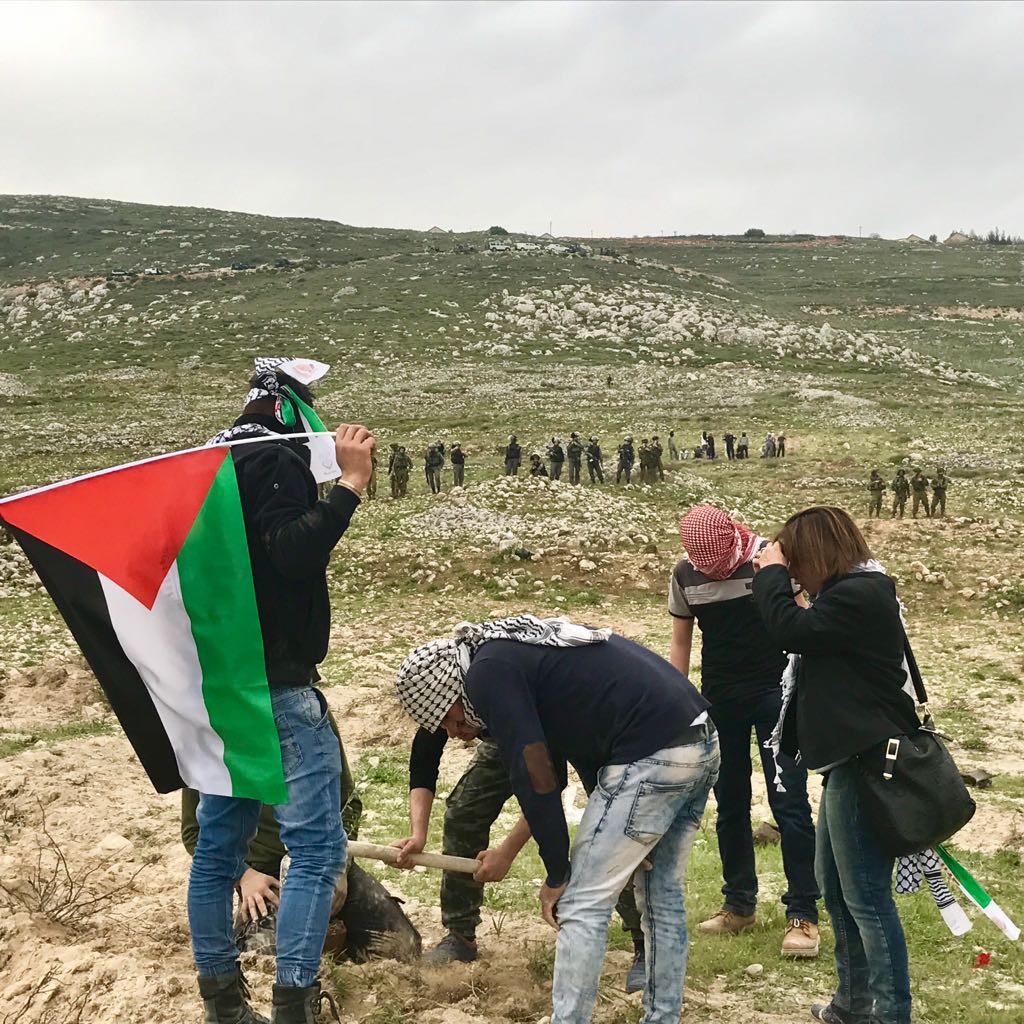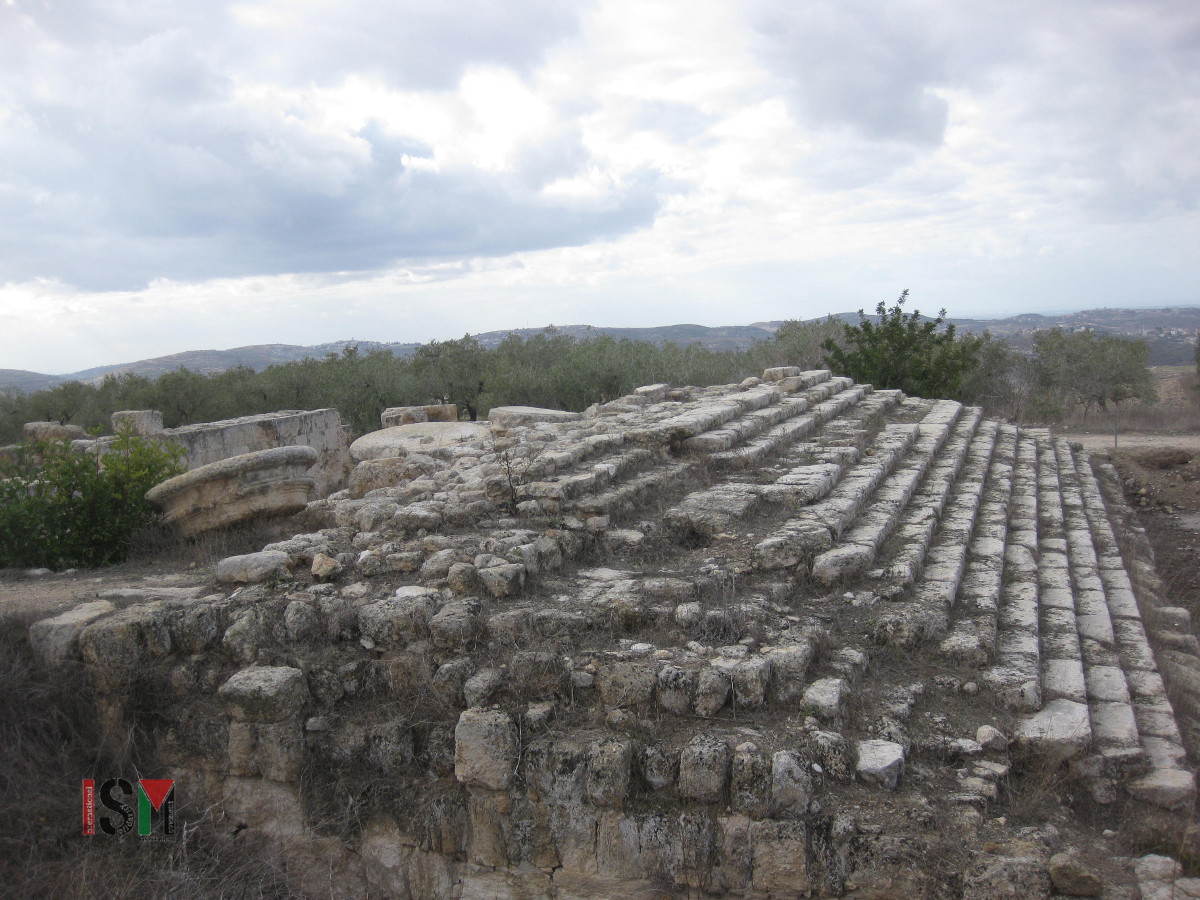Category: Nablus
-
Madama village marks Land Day 2017 under heavy military violence
31st March 2017 | International Solidarity Movement, Ramallah team | Madama, occupied Palestine Thursday the 30th of March was Land Day, a day in which Palestinians and their supporters commemorate the loss of huge amounts of land, stolen by the Zionist colonisers in 1976. In Madama village, in the Nablus area, around 300 Palestinian activists…
-
Sebastiya will not be ruined
24 January 2017 | International Solidarity Movement| occupied Palestine The Israeli Forces have been making their presence known in Sebastiya almost daily; sometimes just for show, and other times with bulldozers under the guise of ‘maintence and cleaning’. But, when exactly did a bulldozer ever clean up a site? Instead, what they are doing is…
-
Assira, surrounded on all sides
Assira al Quiblya is a West Bank village up on a hill between Huwwara and Nablus. But unfortunately, it is not sufficiently uphill enough to be free and safe from the Yitzhar settlement. This settlement, one of the most active in assaults, makes life more and more difficult for the Palestinian inhabitants. For many years…



